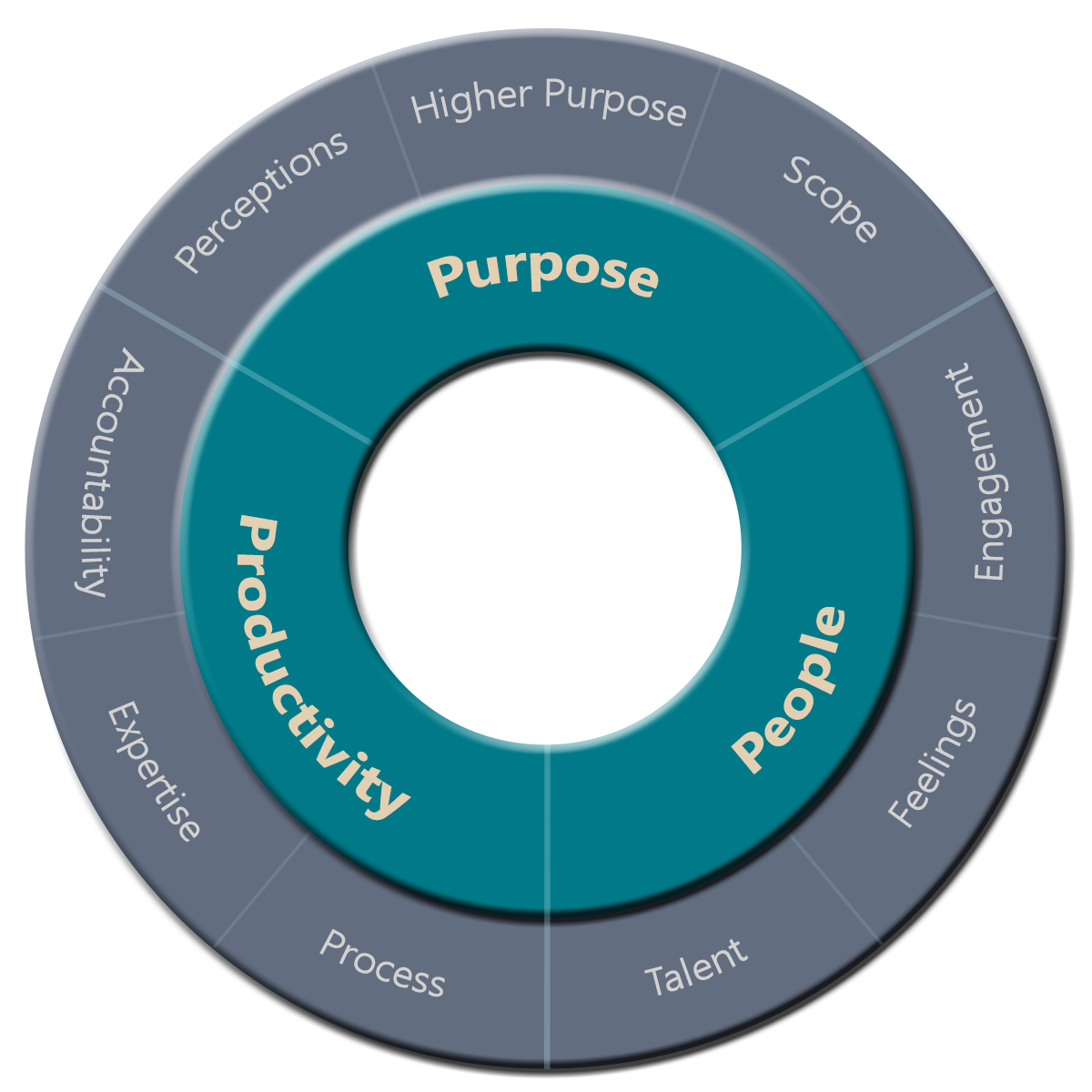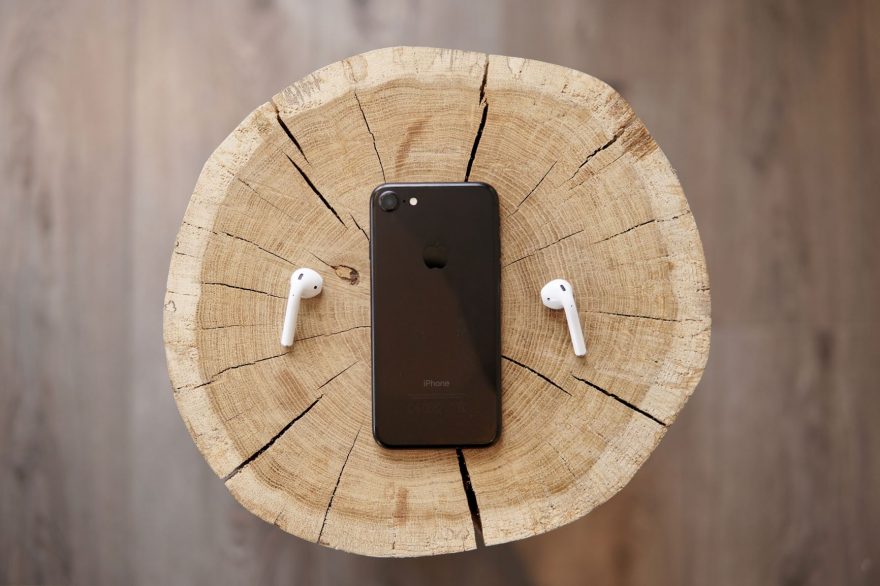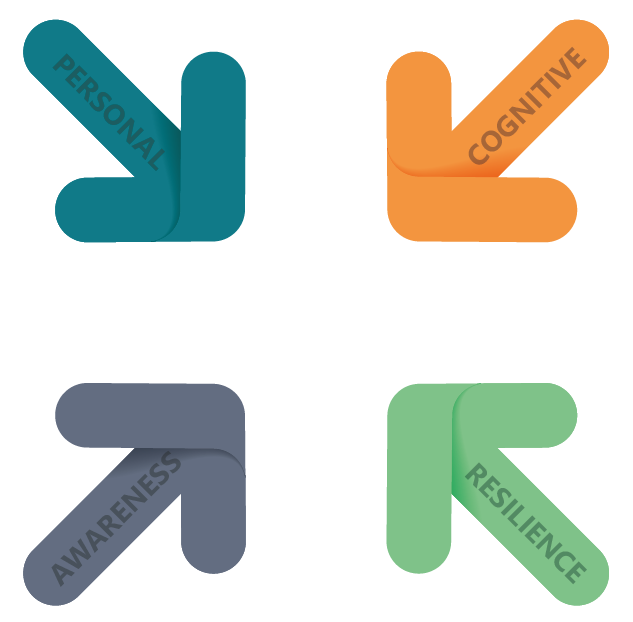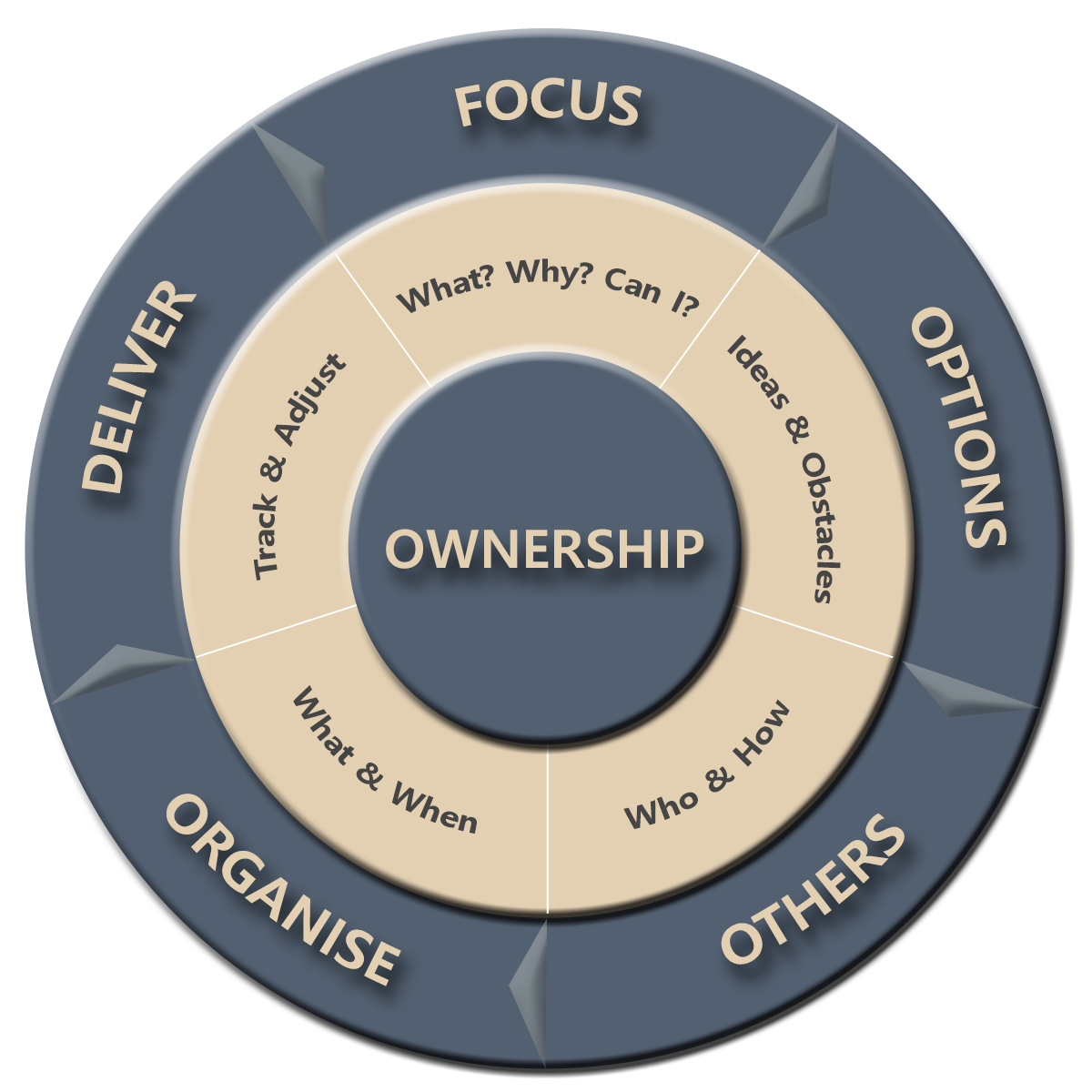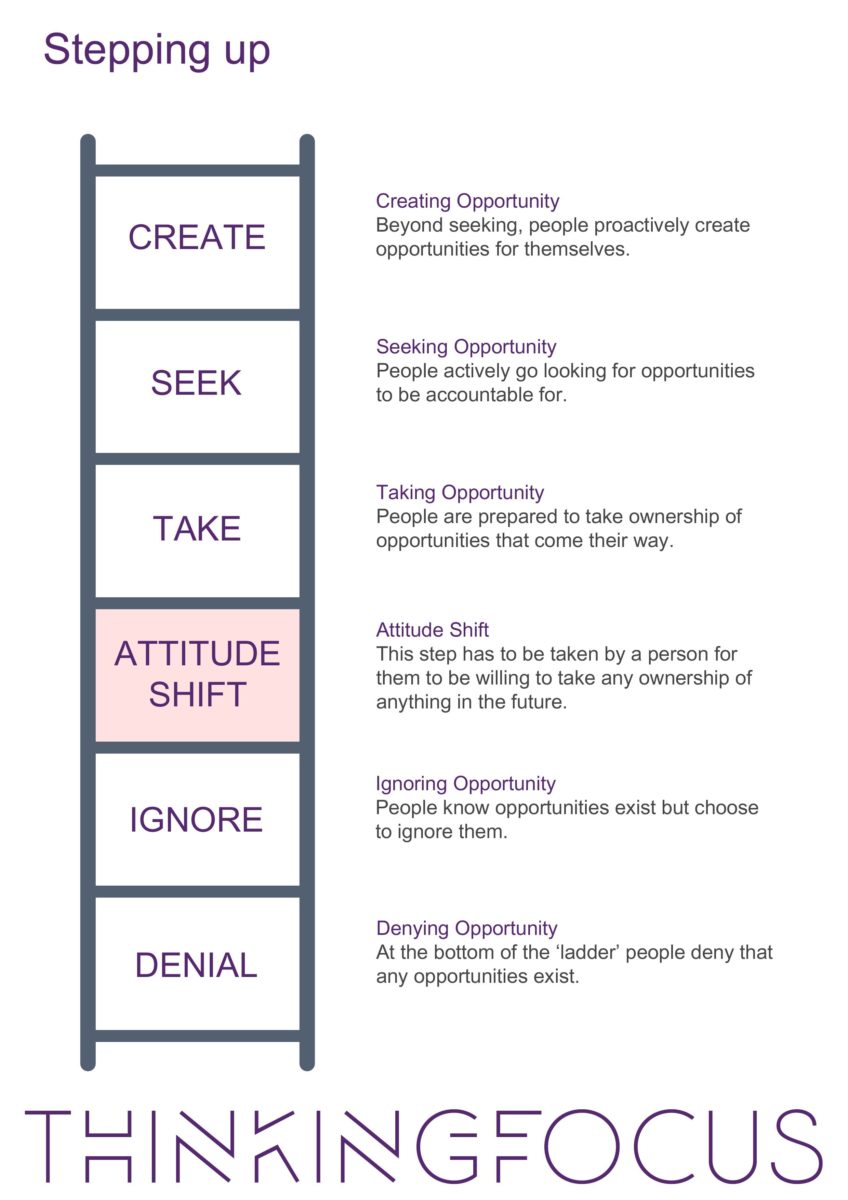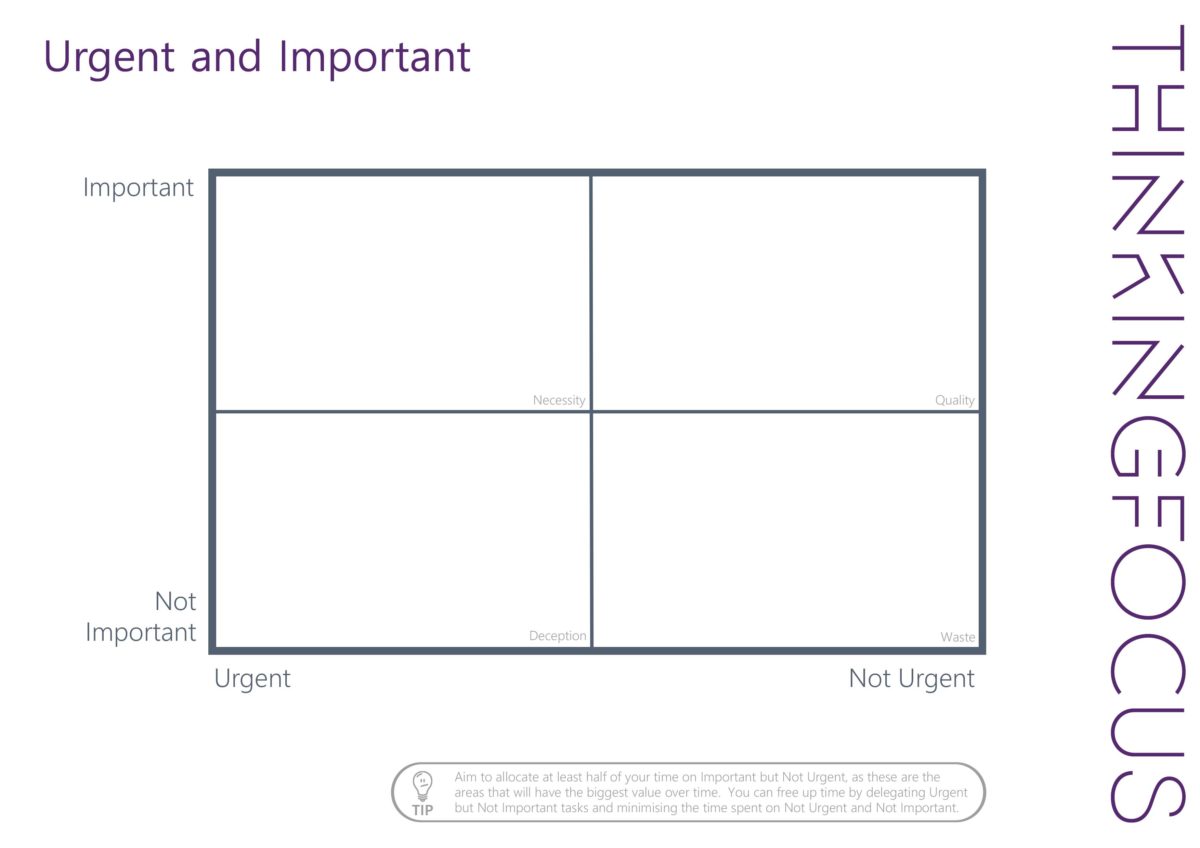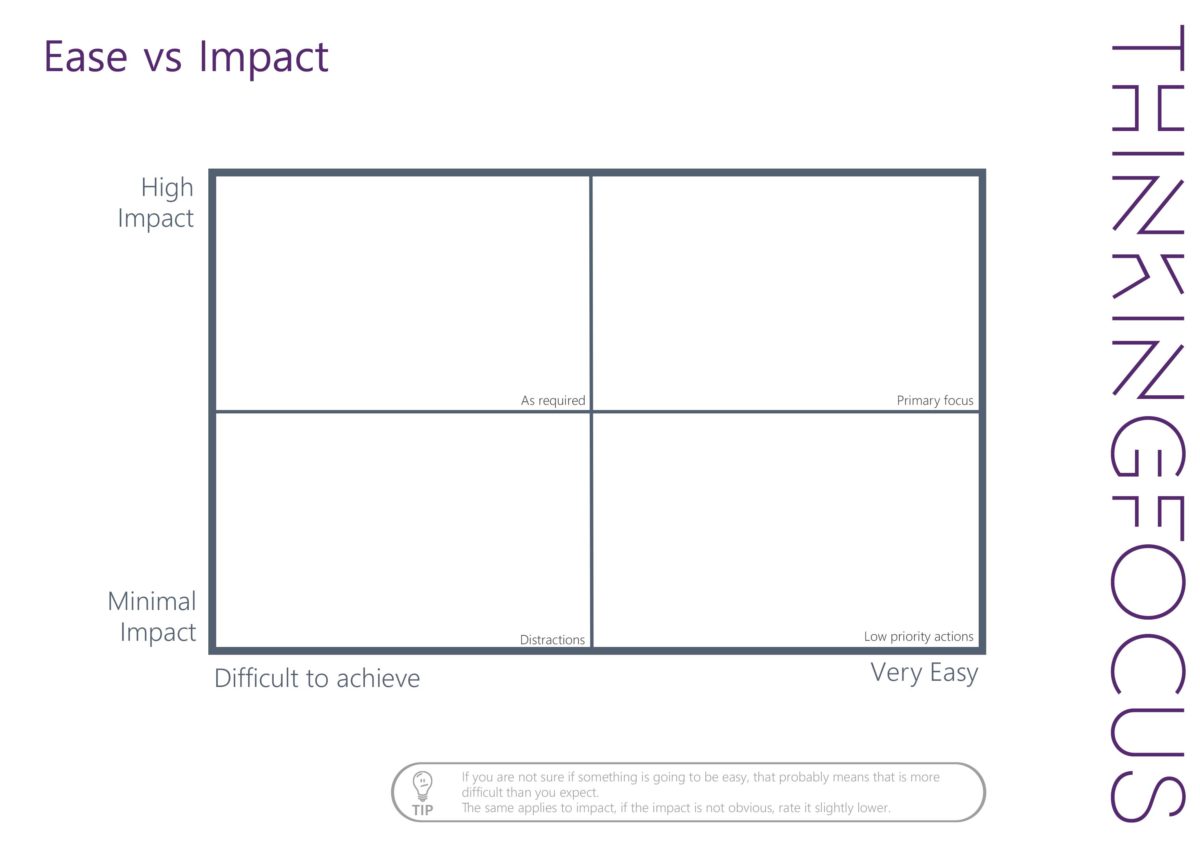Another podcast exploring the role of a leader.
This time we dive into engagement. How do leaders create engage followers?
To us, engagement is more than just making sure people like working here. It is the way that leaders connect people to purpose, the team and the plan. This is an ongoing role, constantly needing updating and resetting as the team gets buffeted by day-to-day challenges.
This podcast is part of a series about the role of leaders, exploring the nuts and bolts of what leaders need to do. It is based on a model (we created) to help aspiring leaders work out what it means to be a leader.
You can find the model, and details of all the areas at www.thinkingfocus.com/what-is-leadership


